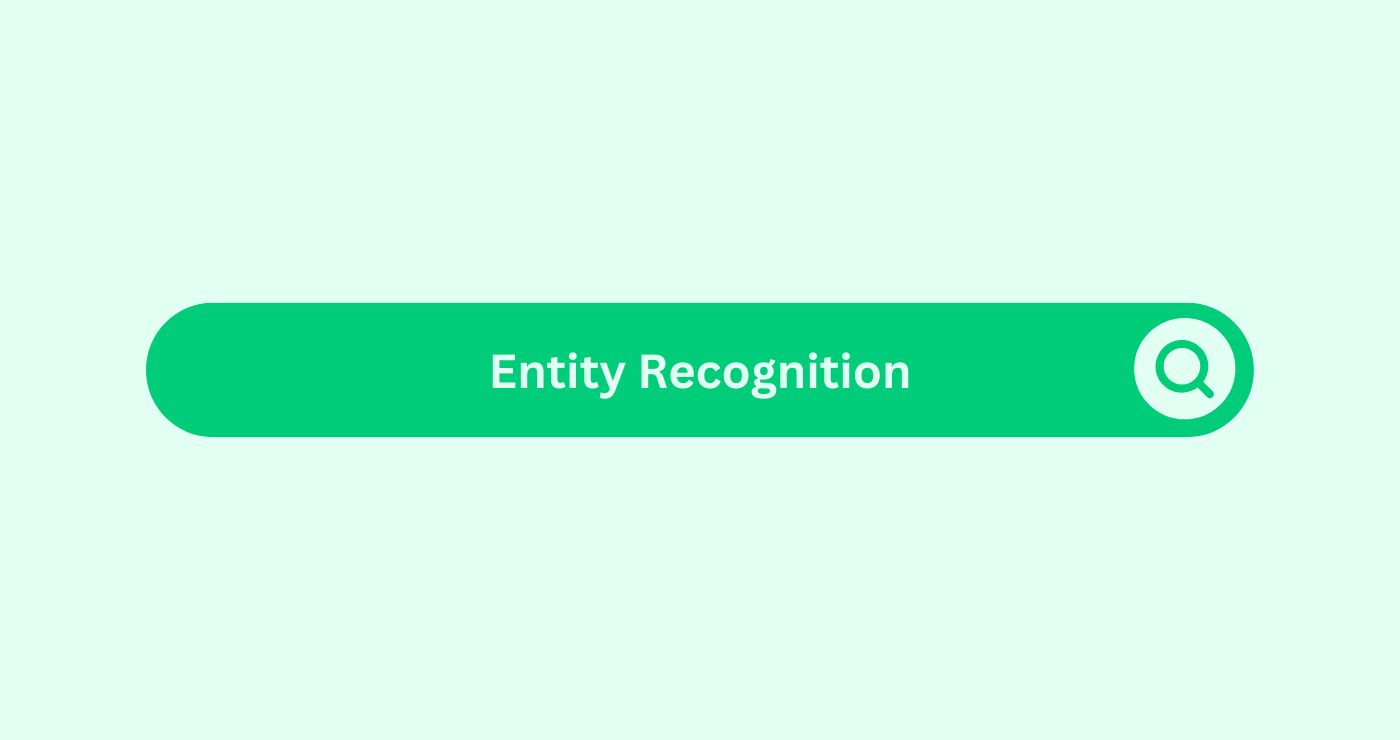Definition
In content material advertising, “entity popularity” is finding and sorting precise portions of facts. Such as names, locations, manufacturers, dates, and key phrasesDefinition In the SEO space, "key phrases" refer to specific... from unstructured textual content. AI models use Natural Language Processing (NLP)Definition That’s where an AI digs into heaps of labelled ... to locate these entities and give them context. It is causing them to be more semantically relevant and increase on-page SEODefinition of On-Page SEO in Content Marketing On-Page SEO i... methods.
An SEO business would possibly use entity reputation to discover. And highlight important terms in blog articles written by way of competitors. This is how overall performance advertising organisations find consumer statistics. It makes targeting extra unique and ensures that the ad replica fits what people are seeking out. This AI function is used by a virtual advertising commercial enterprise in Auckland to boost subject matter authority by ensuring that content incorporates the maximum relevant and high-performing entities. Auckland SEO professionals enhance keyword clusteringDefinition Keyword clustering involves the categorization of... by means of finding named entities that help with organic searchDefinition Organic search is the term for the organic, free ... and Google SERP traits.
Entity identification makes content more correct by bringing statistics to the floor and aligning it with dependent expertise graphs. This enables entrepreneurs to create content that satisfies the wishes of each human being and engines like Google.
Example
A digital marketing agency in Auckland conducts an audit on an underperforming landing page. Using entity recognition, the AI tool finds that while the page includes relevant keywordsDefinition Keywords are crucial for SEO success as they conn..., it lacks named entities such as “Auckland interior design,” “eco-friendly materials,” and “NZ property trends.” After adding these entities in headings, meta tagsDefinition Meta tags are crucial in social media marketing t..., and body content, organic impressionsDefinition Impressions track campaign effectiveness for digi... rise by 62%, with a 41% uplift in average time on pageDefinition In the realm of SEO, time on page refers to the a....
Simultaneously, a performance marketing agency applies entity recognition across user reviews, extracting product names and customer intent phrases to optimise product pages and FAQ schema—leading to better visibility in rich snippetsDefinition Rich snippets are enhanced search results that pr....
Formulas and Easy Calculations
Entity Recognition Performance in SEO Campaigns
| Metric | Formula | Example Values | Outcome |
|---|---|---|---|
| Organic ImpressionsDefinition Impressions track campaign effectiveness for digi... Growth | (New – Old) / Old × 100 | (16,200 – 10,000) / 10,000 × 100 | 62% Growth |
| EngagementDefinition Engagement in content marketing refers to the deg... Time Increase | (New – Old) / Old × 100 | (3.4 – 2.4) / 2.4 × 100 | 41.6% Increase |
| Rich Snippet Visibility Gain | (After – Before) / Before × 100 | (80 – 46) / 46 × 100 | 73.9% Improvement |
| Entity Density Score | Recognised Entities / Total Words × 100 | 18 / 600 × 100 | 3% Entity Density |
| SERP Position Change | (Old – New) / Old × 100 | (7 – 3) / 7 × 100 | 57.1% Ranking Improvement |
5 Key Takeaways
- Entity Recognition in AI Terms in Content MarketingDefinition Content marketing strategically creates and share... extracts names, phrases, and data to enhance SEO content.
- SEO companies use entity-based insights to improve keyword relevanceDefinition In SEO, relevance refers to the degree to which a... and structure for organic ranking.
- Performance marketing agencies classify user intent and brand mentions to target copy and campaigns more precisely.
- Digital marketing Auckland agencies strengthen topical authority using entities aligned with search algorithms.
- Auckland SEO experts apply entity extraction to optimise content for SERP features and boost site visibility.
FAQs
What does Entity Recognition mean in content marketing?
It refers to the AI-driven identification of key names, places, or terms in content that enhance search relevanceDefinition In SEO, relevance refers to the degree to which a....
How does it benefit an SEO company?
It improves keyword targeting and makes content more aligned with semantic searchWhat is Semantic Search in AI Terms in Content Marketing? Se... algorithms.
Is Entity Recognition only for large digital teams?
No. Tools like spaCy or Google NLP APIs are accessible for small to mid-size teams across New Zealand.
Can this improve rankings in Google snippets?
Yes. Structured entities increase the likelihood of content being featured in rich results and answer boxes.
How do Auckland SEO experts use it for local optimisation?
They extract and implement high-value local entities (e.g., suburbs, venues) to improve geographic search relevanceDefinition In SEO, relevance refers to the degree to which a....




